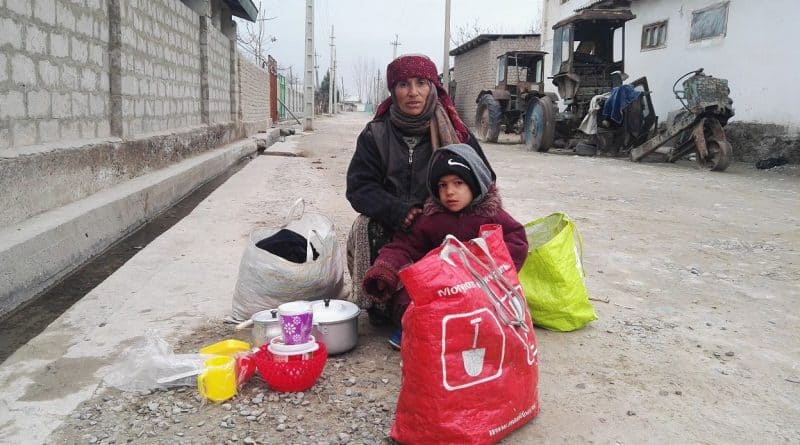Uzbekistan: more than half of gypsies do not have personal documents
The UN Committee on the Elimination of Racial Discrimination considered that Uzbekistan’s implementation of priority recommendations was insufficient during the last consideration of the state report on compliance with the Convention in December 2019.
The Committee considered the response of the National Center for Human Rights of Uzbekistan to questions about the observance of the rights of the ethnic minority Mugat / Lyuli (Central Asian Roma) unsatisfactory. In particular, the committee did not receive a clear explanation of the reason why only 25 638 out of 69 851 mugats that got into the statistics have personal documents. At the same time, the Uzbek side declared stereotypically that Lyuli / Roma have equal rights and equal opportunities to obtain identity documents in Uzbekistan.
Only for one district of the Tashkent region, the official information provides complete statistics on the number of mugat children in schools. About 1,700 Lyuli / Roma live in the Yukorichirchik district of the capital region. Among them, there are about 800 school-age children, 791 attend secondary school, of which 267 are girls. In the 2020/21 academic year, 24 Lyuli / Roma are enrolled in the first grade. There are no children not covered by compulsory secondary education. In 2020, 24 Lyuli / Roma graduated from the school and two graduates entered the higher educational institutions of the republic.
This single fact from the life of the local community did not convince the Committee of the full use of their rights by the mugats on an equal basis with the citizens of the country.
UN CERD expects from Uzbekistan effective measures to ensure the rights of ethnic minorities and a detailed report on them for the next consideration of the state report in 2022.
Earlier, ACCA wrote that mugats were in the most vulnerable position when quarantine was introduced in the country in 2020. This is evidenced by a study of the Humanitarian Legal Center, an unregistered public organization from Bukhara.
The head of the State Personalization Center, Shukhrat Ganiev, regarded the situation with the ethnic group as critical. “In our monitoring, carried out after the official announcement of the so-called self-isolation regime, the Center identified and grouped several of the most vulnerable population groups in the study regions. Among other social groups and segments, we introduced mugats, for whom the question is very acute: what to do and where to get the money for living? ”
The study focused on the mugats of the Kashkadarya and Bukhara regions. According to unofficial data, at least 7 thousand families live in the regions. Taking into account the fact that mugat families have many children (7-8 children are not uncommon), tens of thousands of people make up a community that the state practically does not control and does not help.
Alexander Barkovsky is one of the few photographers in Uzbekistan who were allowed to live nearby and shoot for some time. A well-known conceptualist artist in Uzbekistan notes the ambiguity of the dominance of the idea in society not in favor of receiving education by mugats and that it makes no sense to allow them to receive various professions. “Although, when polling the Lyuli Roma themselves, it is easy to find out that among them there is a large percentage of those who want to change their fate. Gypsies say that they want a better life for their children, and they understand that this can be achieved with a good education, ”Barkovsky sums up.
He is confident in the ability of the authorities “to conduct any policy towards the Roma diaspora, and this will always remain unnoticed. Therefore, in order to comply with their constitutional rights, transparency of the situation and its maximum possible informational content are necessary. ”
/wp




